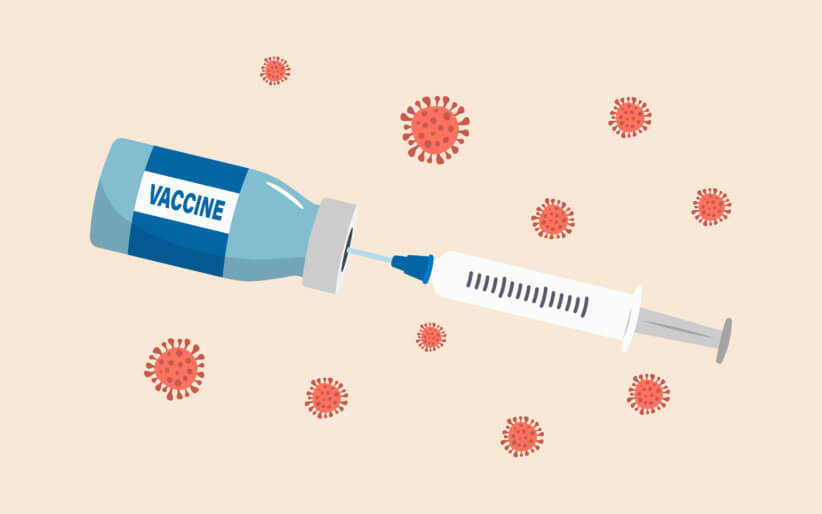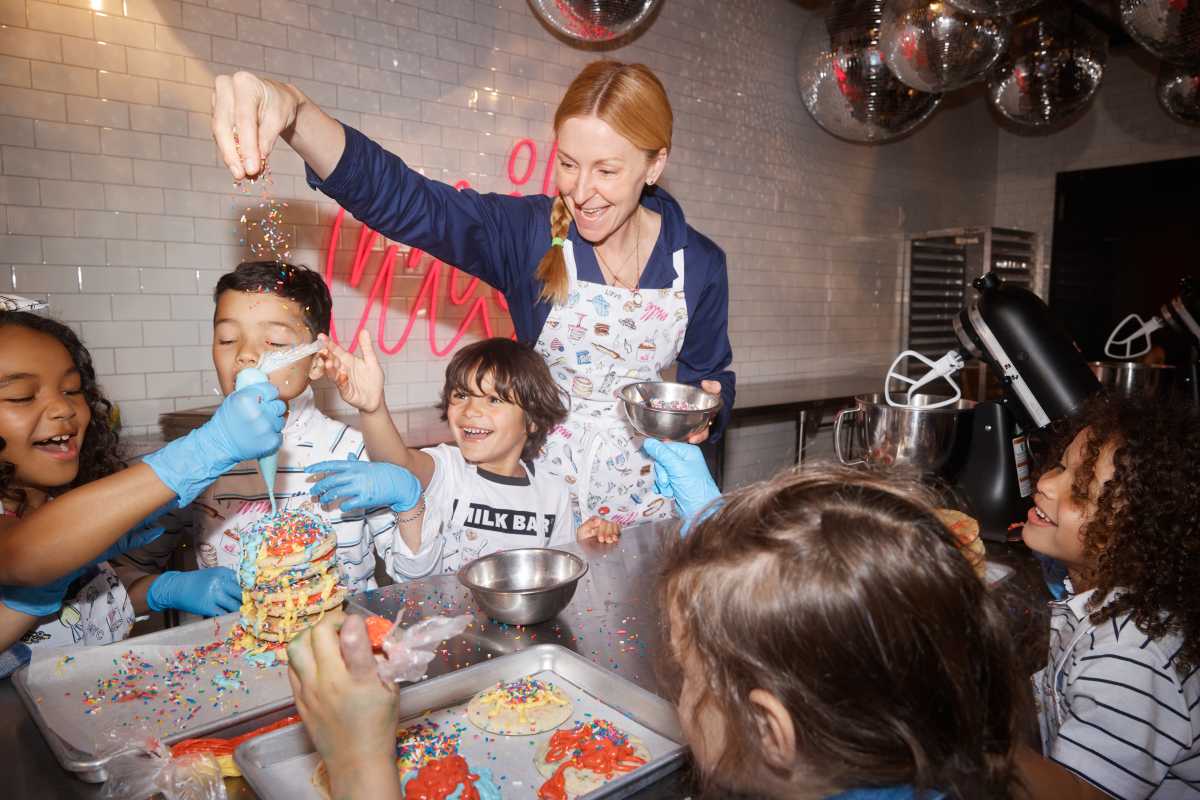
Cheat Sheet: Update for the Busy Parent on the COVID-19 Vaccine
News on the pandemic and Covid-19 vaccines are constant and everchanging. While some states are getting shots done more efficiently than others, many parents are waiting and hoping to get their dosage shortly. And many have questions. Like, how does a Covid-19 vaccine work (and, yes, most of us know, but a refresher doesn’t hurt)? And most importantly, what does this mean for our kids?
Psst…check out Camps Reimagined to Virtual Amid Pandemic
To Break it Down to the Basics, Here Are a Few CliffsNotes on the Covid-19 Vaccine:
How many vaccines are available?
Presently two vaccines are being administrated in the US. The Pfizer-BioNTech COVID-19 Vaccine can be administered from ages 16 and older. The second is the Moderna COVID-19 Vaccine, which is recommended for ages 18 and up. Johnson and Johnson are currently in Phase 3 of a single dosage Covid-19 vaccine.
How does a vaccine work?
But first, what exactly is a vaccine, how does it work? Dr. Mary Mason, mother, and founder of Little Medical School, explains, “The goal of a vaccine is to reduce the risk of getting a disease or infection by working with your body’s natural defenses. A vaccine introduces a bacteria or virus to the body in different ways so the immune system can recognize it. When a vaccinated person is exposed to the targeted bacteria or virus, the immune system can respond rapidly because it remembers the invader and makes antibodies.
There are several different methods for developing an effective vaccine. Some use live viruses that have been weakened – examples are the MMR vaccine targeting Measles, Mumps, and Rubella.
Some vaccines put viral molecules into the body – the important bits that our immune system can build a response to – rather than whole viruses.
COVID vaccines are a newer type called mRNA vaccines. They teach our cells how to make a protein piece that is distinctive to the targeted coronavirus that builds an immune response in our body. Once the protein piece is made, the cell breaks down the instructions and eliminates them. So if a vaccinated person is exposed to COVID, they can quickly respond with antibodies that can recognize and fight the virus.”
When can my kids get vaccinated?
And while parents wait for vaccines for themselves, they’re also asking when their kids can receive a vaccine. According to a recent piece in New York Times, parents should not expect kids to get a COVID vaccine anytime soon, and most likely, this will not happen until late summer.
Meanwhile, parents can talk to the kids about what to expect when they get their Covid vaccine. Dr. Mary Mason, who founded Little Medical School, to help kids 4 to 14 learn through engagement in what health professionals do via their educational programs, shares, “At Little Medical School, we have been teaching children for years about vaccines and how they work. For example, with the flu vaccine, we play an antibody/antigen game that has the children take a role in the process of vaccination so they can understand how it works. We have used these same game and role-playing techniques to teach about the different mechanisms for the mRNA COVID vaccine. Knowledge is empowering and helps kids understand the science behind vaccines and why their doctor is recommending them for patients. My advice to parents is to openly discuss what their children are hearing and seeing in the news with the science facts.”
What are the best ways to stay updated on the Covid-19 vaccine?





















